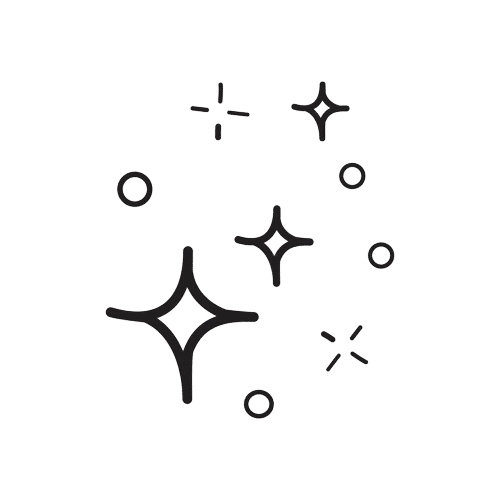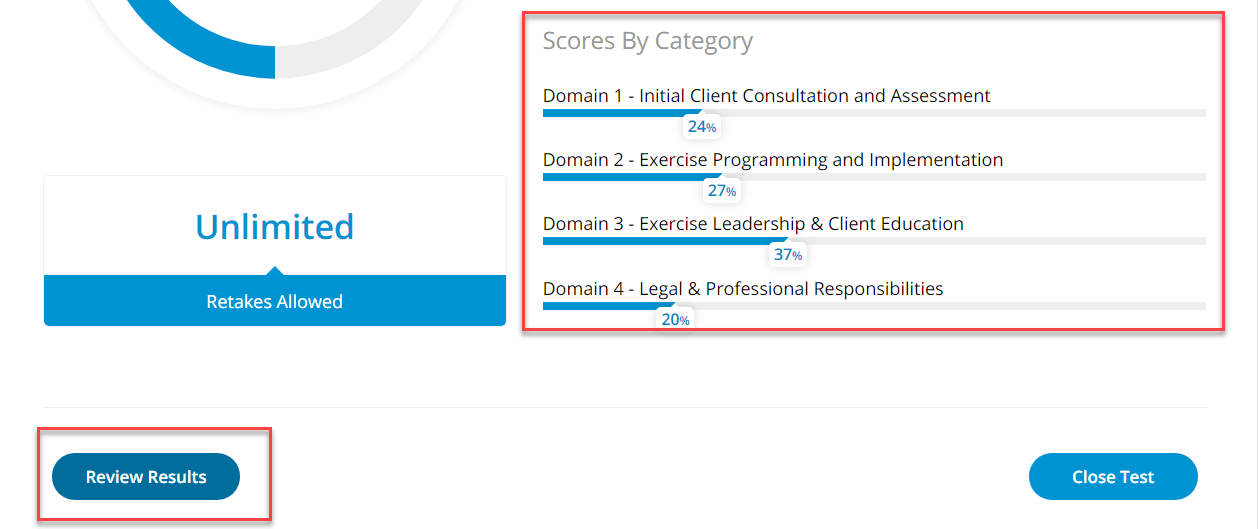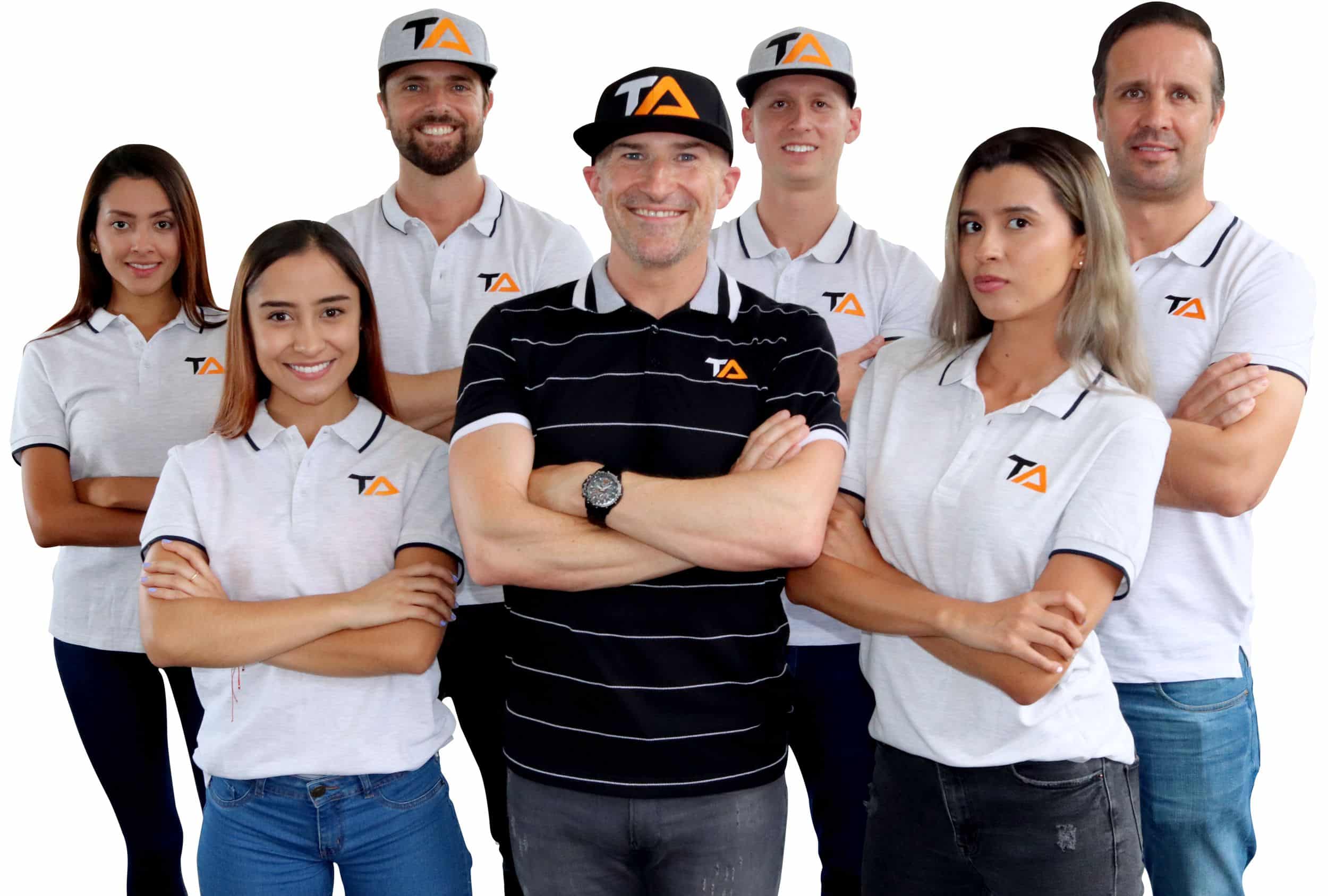
ASCM MVP Package Example
Chapter 5 Assignments:
1
What is the cardiovascular system and what specific functions are performed by it?
2
How is the heart divided, what tissues make up the heart?
3
In terms of cardiac function, define and talk about heart rate, blood pressure, stroke volume and cardiac output.
4
What is maximal oxygen consumption and what are METs? How do we use them?
5
Explain anaerobic metabolism and aerobic oxidation.
6
What are the different muscle fiber types?
7
Describe the different systems of the neurological system.
We include only the most important questions so that the huge ASCM textbook does not completely overwhelm you.
Chapter 5 Assignment Answers:
The cardiovascular system is made up of the heart and the blood vessels. The purpose of the system is to deliver nutrients and remove waste products from the tissues. The system has these specific functions:
a. Transport deoxygenated blood from the heart to the lungs and then oxygenated blood from the lungs to the heart.
b. Transport oxygenated blood from the heart to the tissues of the body and the deoxygenate blood from the tissues to the heart.
c. Distribute nutrients.
d. Remove metabolic wastes from cells for either elimination or reuse.
e. Regulate the Ph levels for the control of acid base balances.
f. Transport hormones and enzymes for the regulation of physiological function.
g. Maintain fluid balance for the prevention of dehydration.
h. Maintain body temperature by the absorption of heat and redistributing it to the surface of the body.
The heart has four chambers to it. These serve as reservoirs and pumps. The upper two are called the atria, and the two lower ones are called the ventricles. The chambers are separated by the coronary sulcus and the interventricular sulcus separates the right and left ventricle. The heart itself is a double walled, loose fitting membrane sac known as the pericardium. The outer wall of the pericardium has a fibrous and serous layer. The pericardium helps to anchor the heart in the chest. The thick layer of the cardiac muscle is the myocardium.
Heart Rate is the number of times the heart beats within a minute. This is measure in bpm. The average heart rate when resting rest is 60 – 80 beats per minute. Women’s heart rates are usually higher than men’s. Children have higher heart rates than adults.
Blood pressure is the product of the amount of blood pumped from the heart and the resistance that the flow encounter within the vessels. We have systolic blood pressure, which is the pressure on the arteries when pumping blood, also known as the contraction phase. The diastolic blood pressure is the pressure put on the arteries during relaxation. The average blood pressure reading is 120/80.
Stroke volume is the amount of blood that is released from the left ventricle in a single contraction. This is equal to the difference in blood in the ventricle before contraction and the amount of blood that is left in the ventricle at the end of contraction.
Cardiac output is the volume of blood pumped by the heart per minute in liters. This is found by multiplying heart rate and stroke volume.
Max oxygen consumption is also called VO2 max and it is one of the most widely recognized measures for cardio endurance. It is the maximum rate of oxygen transport that can be achieved when exerting max physical effort. This is measure in mL/kg/min and is calculated with the Fick equation.
METs are metabolic equivalents and they are was for us to estimate the amount of energy used during activities. One met is equivalent to 3.5 mL/kg/min. So, with these two measures we can use them to find how much effort we are putting forth with activities.
We have two main systems for producing ATP, which is used for energy for our body to operate. The first is our anaerobic systems. This has two different energy pathways. The first uses creatine phosphate for the first 5 – 10 seconds of work, and it is our most explosive form of energy. This is actually used in all forms of exercise as the start for it. Next, the second type of anaerobic metabolism is anaerobic glycolysis. This is the use of glucose or glycogen molecules to regenerate ATP for use. This takes place in the initial two minutes of exercise. A byproduct specific to glycolysis that starts to affect the body is lactate. This can also be used for resynthesis of ATP. Now, the Aerobic oxidation pathway is the final ATP pathway, and it is used in activities that are longer than the other energy systems. So, all enduranceevents involve this pathway primarily. This process uses both the Krebs cycle and the electron transport chain. This pathway can use protein, carbs, or fat.
We have two types of muscle fibers. The first is our slow twitch muscle fibers. Here we only have one type, and it is known as type I muscle fibers. These are our fibers that will be used for low intensity and long duration activities. They are very resistant to fatigue, hence their use in long events. Endurance is also prolonged by these fibers due to the constant switching to keep the freshly charged muscles activated as exercise continues. Average people have 50% of both fiber types.
The other type of fibers are our fast twitch fibers. These have two subtypes. The first is Type II x, and the other is type IIa. These fibers are successful in times where power is needed, and high intensity speed is priority. They are able to develop force much faster than the slow twitch ones. Type IIx are the pure fast twitch fibers, while type IIa is somewhat of an intermediary fiber. The type IIa fibers can do some form of aerobic work unlike type IIx
The central nervous system, or the CNS, is composed of the brain and the spinal cord. The brain is of course the most important piece of the CNS and is protected by the skull. The spinal cord is the extension of the brain and is protected by the vertebral column. The CNS is the control center for the body and is where sensory information is received, integrated, analyzed, interpreted, and eventually relayed as impulses.
The peripheral nervous system, or the PNS, is made up of the cranial nerves that go with the brain, and the spinal nerves that connect to the spinal cord. This is essentially all the nerve cells outside of the brain and the spinal cord. It allows the CNS to communicate with the rest of the body. The ANS, or the autonomic nervous system is a subgroup of the PNS, and it is important for specifically caring for the visceral activities.
You didn’t think we were going to leave you hanging without the answers, did you? Use these answers to double-check your own. Or, use them as a cram guide before the exam.
ASCM Mnemonics
At first, mnemonics may seem like a strange way to study. But studies have shown time and time again that it is the best way to memorize information in a sequence. The goal is to make them as weird, controversial or gross as possible. Trust me, you are First Response might be “Ewwwww”, but you will never forget them. Practice what you learned in the fill in the blank section below.
let’s practice one. What are the factors of Cardiac Function?
Audio Study Guide
And for audio learners, we’ve got you covered as well. These are great to study while you are driving or hands-free. It is the same as the written study guide. Short and sweet. We don’t want you falling asleep from an overload of long boring lectures.
Our Intelligent flashcards: Click a card
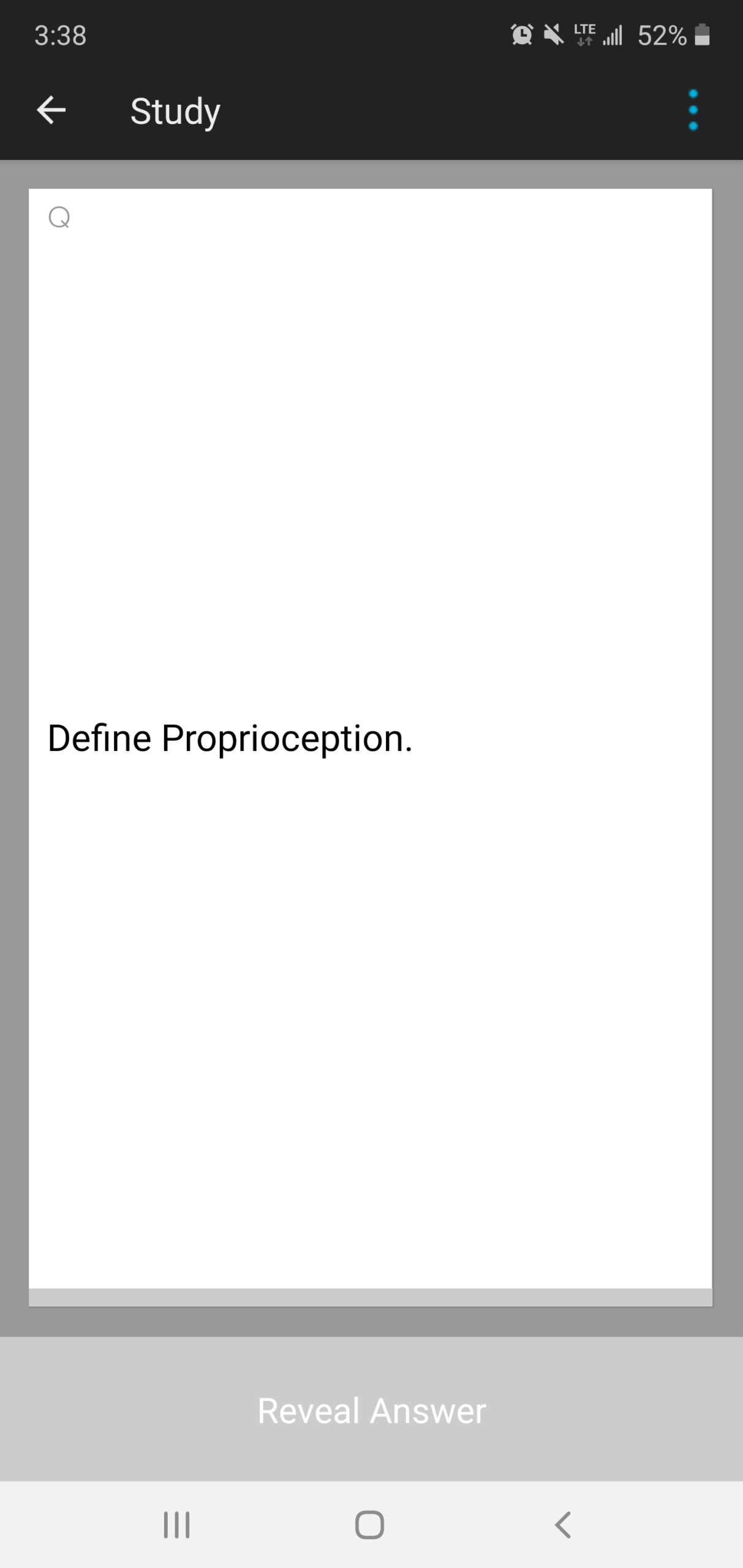

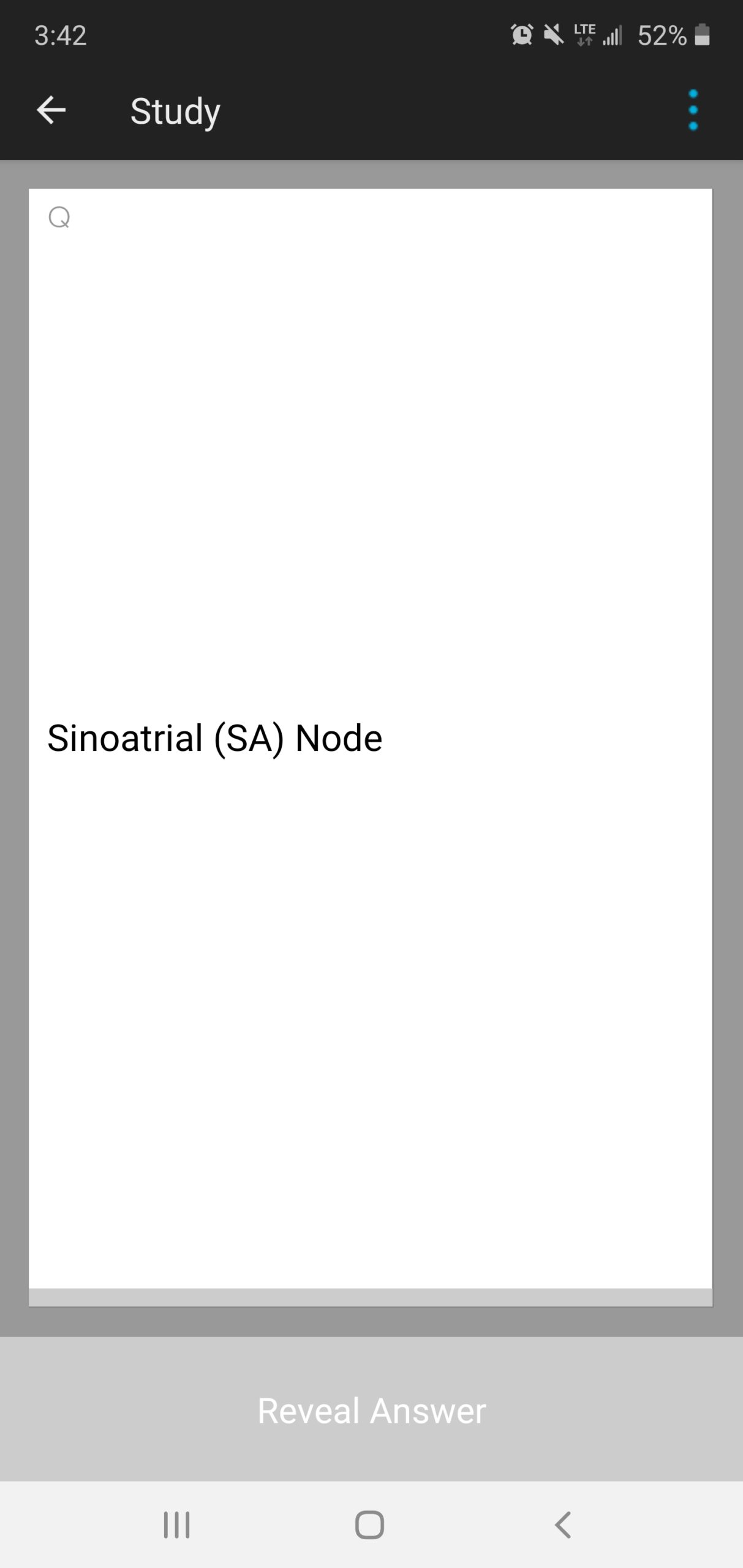
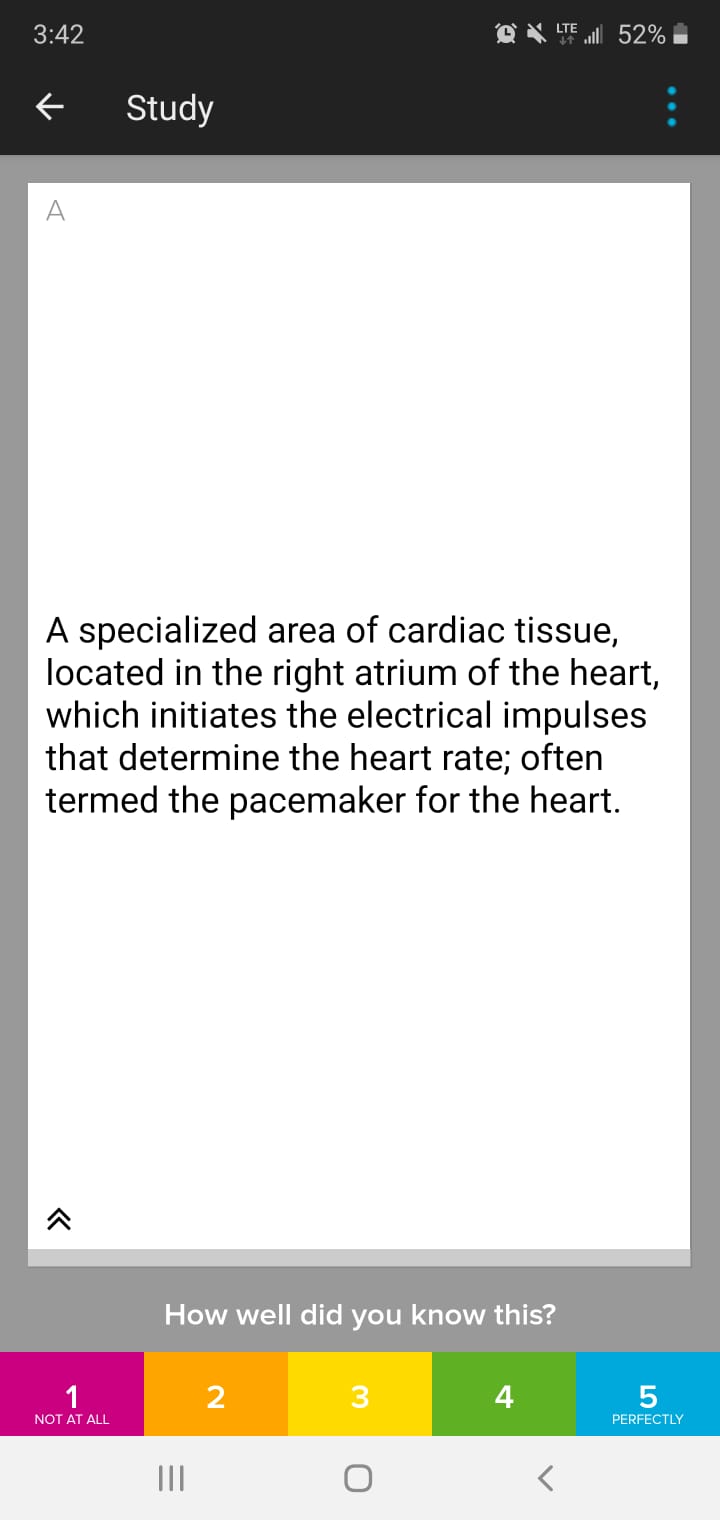
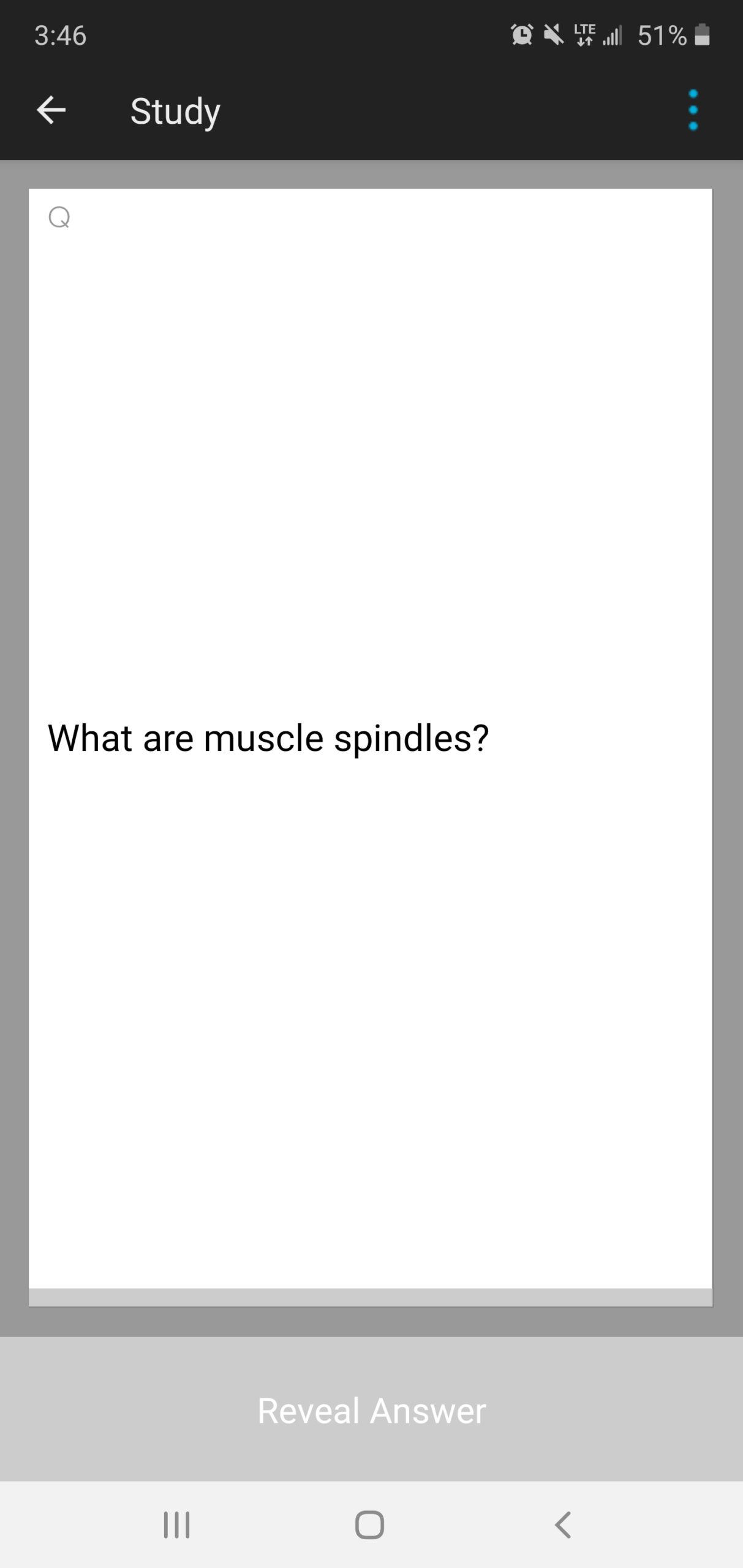
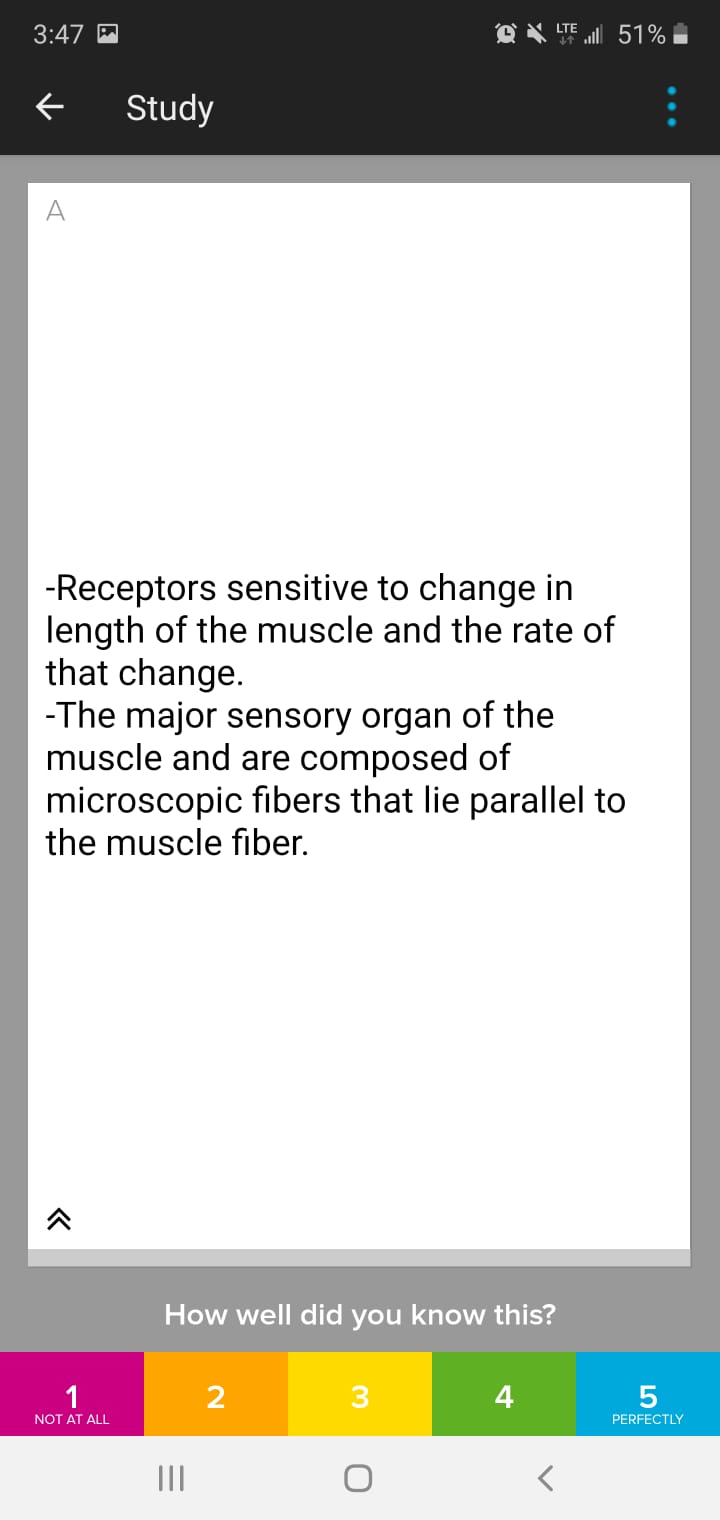
While using our intelligent flashcards, you will rate yourself on how well you know each card from 1 (pink) to 5 (blue). Our intelligent system will start showing you you’re difficult cards frequently, and you’re easy cards only once in a while. This will save you hours of time by focusing on your weak areas. 700 flashcards total.
Practice Exam Process
We have 5 complete (150 questions) ASCM practice exams. These exams have a 2-hour countdown timer to replicate what it feels like to take the real exam. You are shown which domain each question comes from.
At the end of each exam you will see a breakdown of how you did in each of the four domains of study. This will help you refocus your studies on your weak areas. We have domain-specific quizzes to help you do this. Check the review results section to see the questions you got wrong.
In the “review results” section you will be able to see all the questions you got wrong as well as the correct answer and the explanation of why.
Additional MVP study materials and features

ACSM Study Blueprint
The study blueprint contains a 16 week study plan, an 8 week plan, a 4 week plan and a 2 week plan (AKA the cram plan). I help you decide which plan is right for you and show you exactly what to study (and how) for that time frame. This blueprint is essential if you are last second cramming and will give you the best chance to pass the exam

ACSM Cheat Sheet
The ACSM cheat sheet contains the most important information that you need to focus on right before the exam. This all fits on one sheet of paper and can be easily printed out and used the night before the test and as you are on your way to take it. This drastically helps with last-second retention of information.

100% Exam Pass Guarantee
Our ACSM CPT MVP study package comes with an exam pass guarantee. It’s straightforward, if you somehow fail the test after using our study materials, we will refund 100% of your money. Period. That’s how confident we are in our study materials. The retest for the ACSM exam can cost up to an incredible $175! Don’t take the risk of failing.
Flash Sale: Save $100 on the ACSM MVP Package Today
Code: APRILFLASH | SAVE 25%-50% on our MVP Study Programs

Questions? Use the Chatbox.




